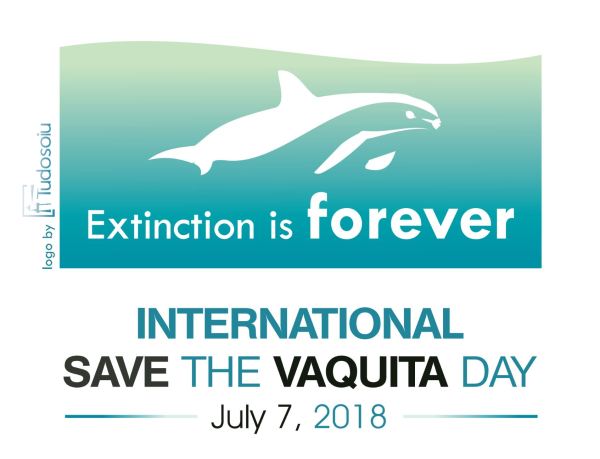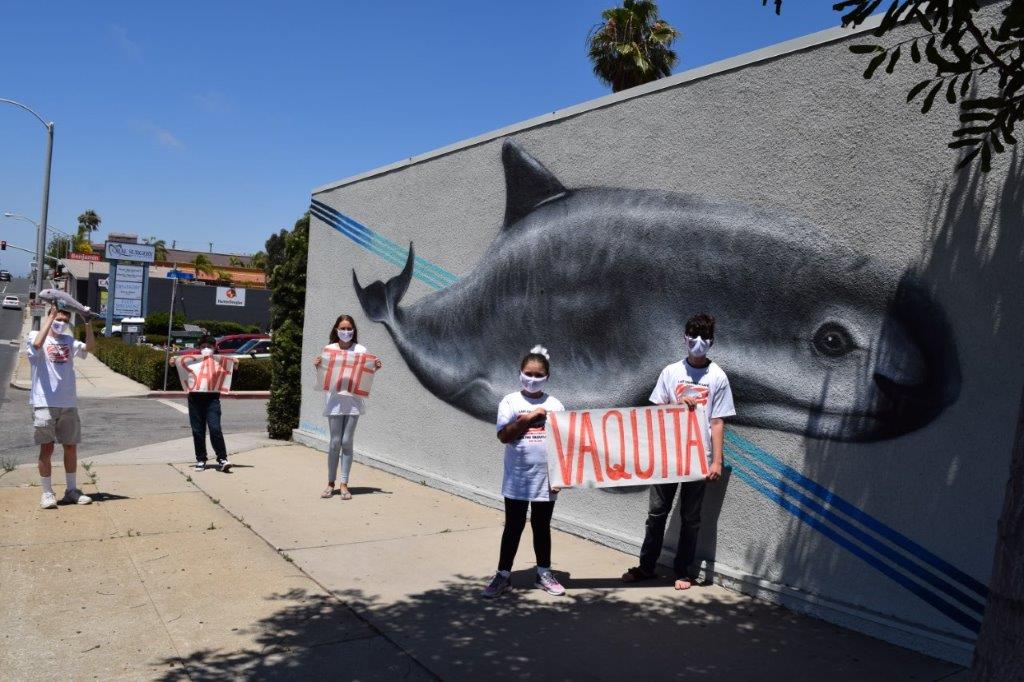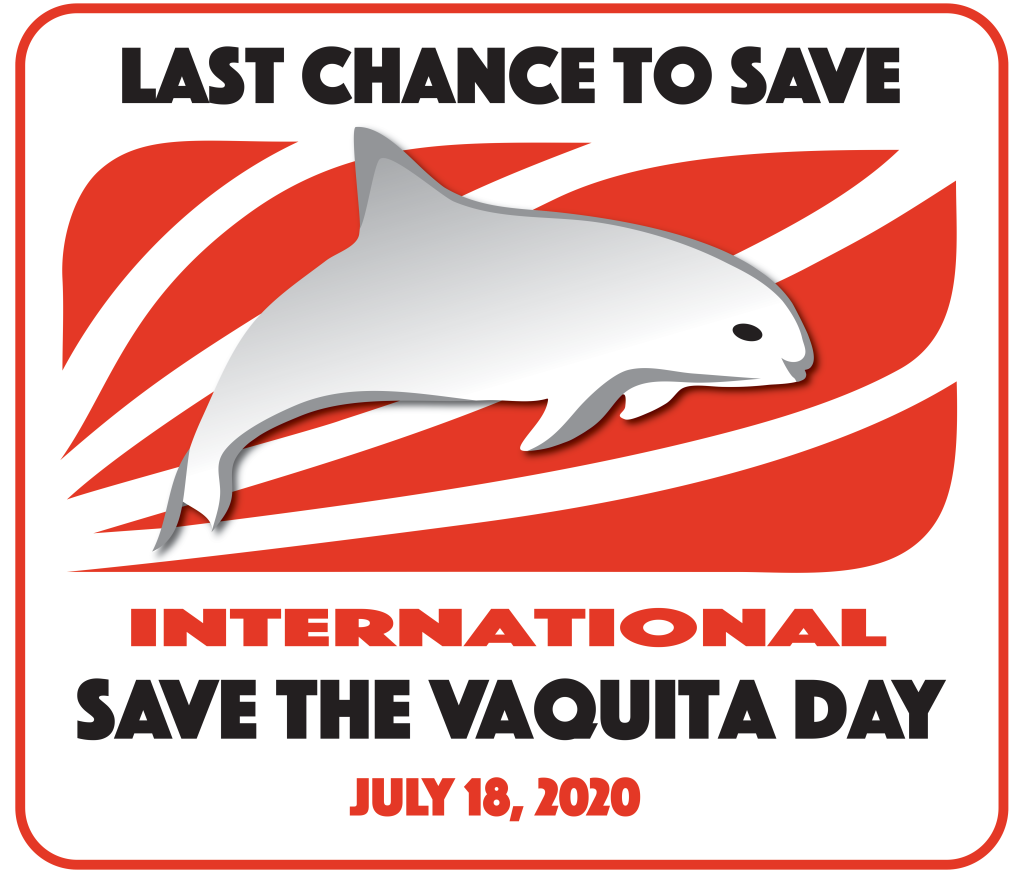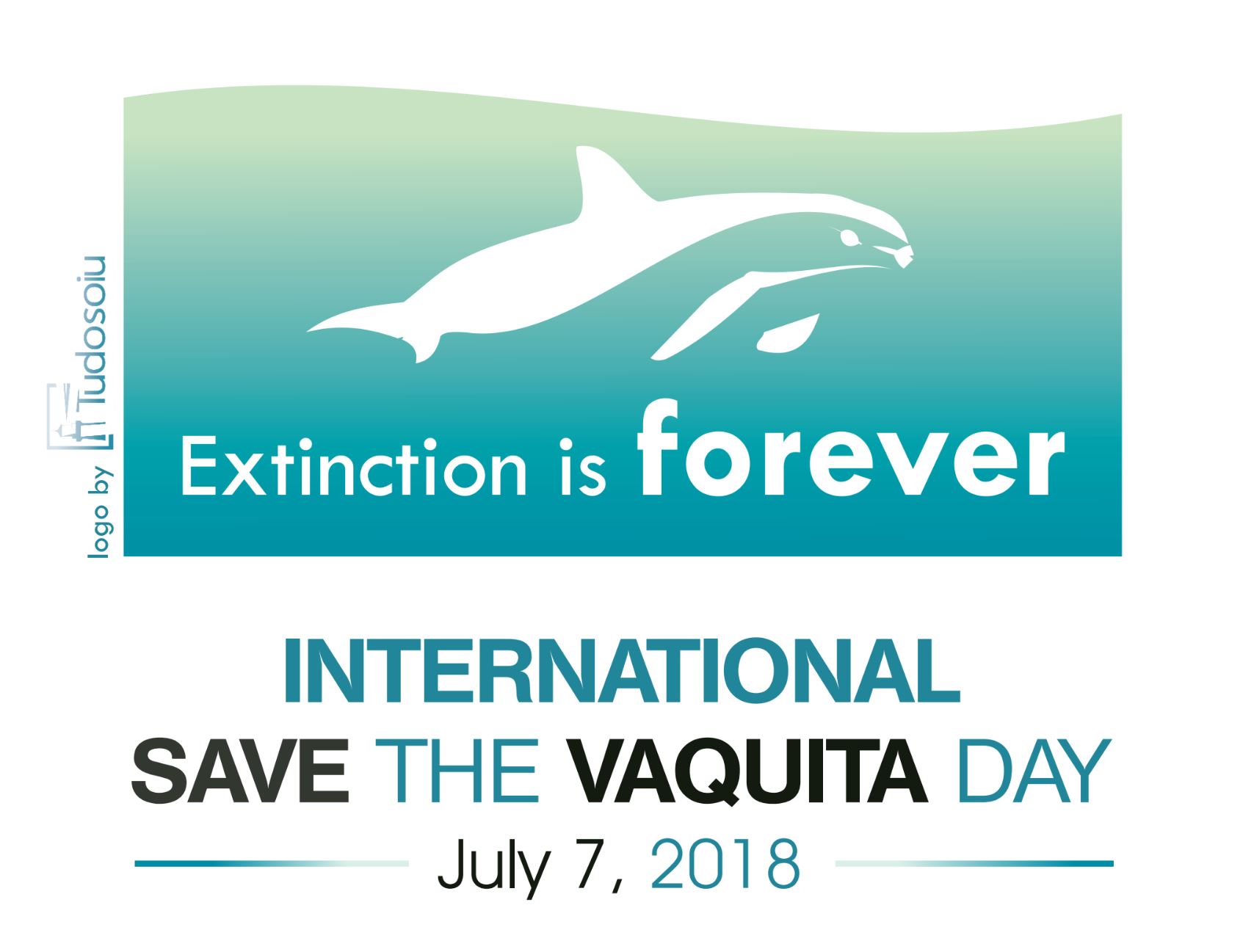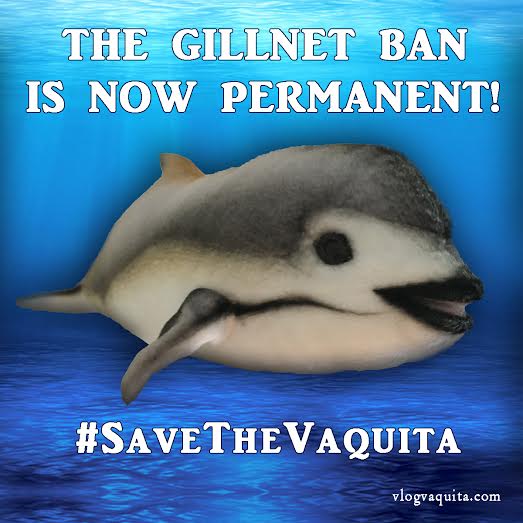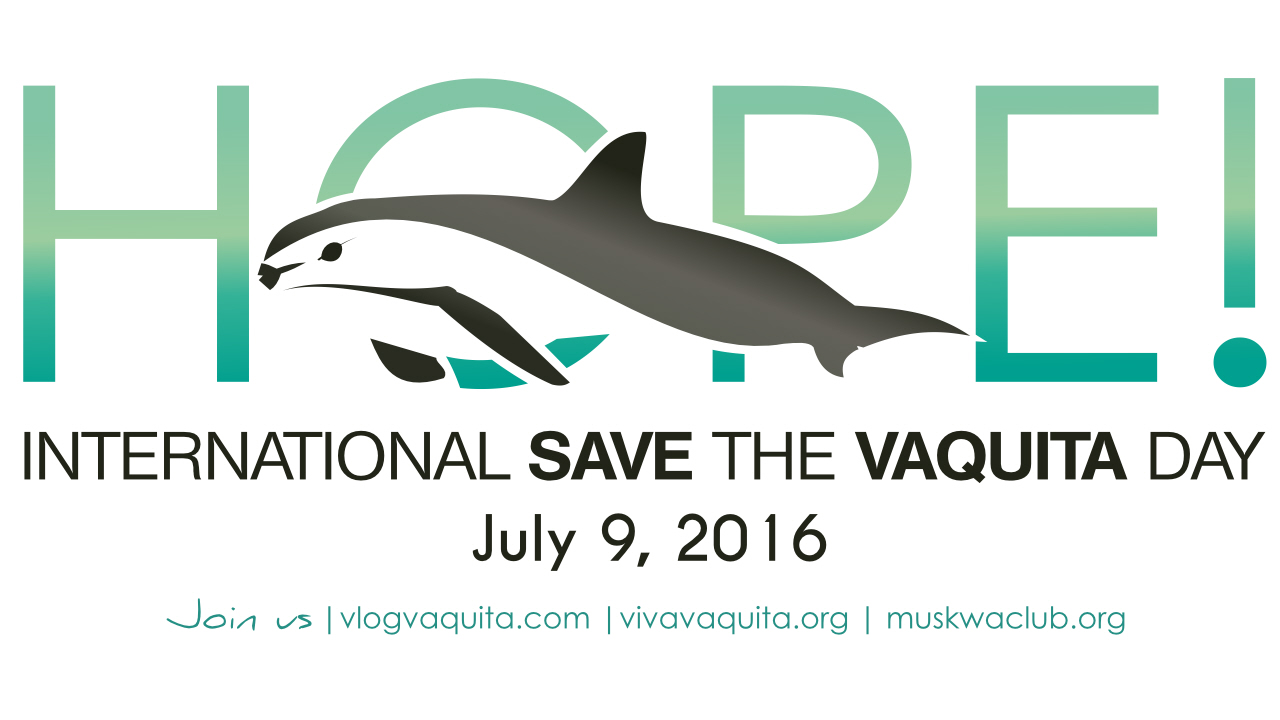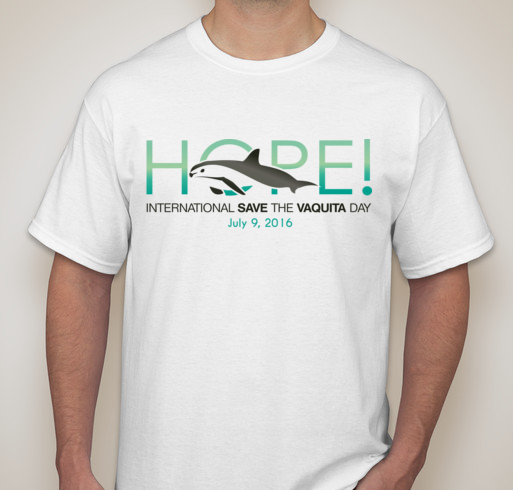It’s been a while. The last post I wrote on this blog was in November 2016, at the end of a crazy year and the beginning of an even crazier saga in modern history.
A lot has changed in that year and a half. I am 18 years old now, legally an adult. I live and train at a tennis academy in Greenville, South Carolina, where I’ve made some really good friends while learning a lot about life in general. I’ll be heading back to my birth county in New Jersey in a few months to play tennis for Monmouth University, where I will also study for a degree in Marine and Environmental Biology and Policy.
I created this blog when I was 11 years old, soon after learning about the vaquita and its decline. It was a way for me to share the plight of a beautiful little animal, as well as express myself to people other than my family. It was truly an exhilarating time for me. I posted anything I could find or create about the vaquita; facts, poems, drawings, news. Over time, it grew, and I became partners with many incredible people in all facets of life. From the Muskwa Club, Viva Vaquita, and many other conservation groups, to authors, filmmakers, passionate citizens, and even government officials, I began to learn that this issue had a much wider reach than I expected. People cared about the vaquita, and this public sentiment grew substantially in the years following the conception of V-log. And as the vaquita’s fame grew, so did my optimism. I saw what passion and teamwork could do. We started International Save the Vaquita Day. Millions of people were educated, between the websites, books, social media, ISTVD, and the countless articles and news segments about this animal. I felt my responsibility to share the vaquita’s story lessen as more and more people heard it. The gillnet ban was even made permanent. In a way, it almost felt like it was mission accomplished.
But I had entered a world more complex than anyone could have imagined, let alone a child. The story of the vaquita was not what it seemed from an outsider’s perspective. And perhaps the irony of it all is that I still have no clue what is really happening. I’m not sure if any one person knows the entirety of the situation.
The recent estimates put the vaquita population at fewer than 30 individuals, possibly much fewer. Illegal gillnet fishing continues at a high level. The lucrative totoaba trade thrives. A desperate effort to capture and safely breed vaquitas ended in the worst way possible: the death of a mature female vaquita. It is extremely difficult to remain optimistic as you learn more and more about the deep, dark truth of what is happening on the water and behind closed government doors, despite the best efforts of conservationists there and around the world. From an analytical perspective, the vaquita needs an unprecedented miracle.
Yet, I still have hope. I am 18 years old. I see a world around me at a crossroads in time. I believe these next few years are going to change the world forever. Slowly but surely, around the globe, people are beginning to see what we have done to the planet. Plastic fills the oceans. Species are disappearing. Warming climates are wreaking havoc on land and marine ecosystems, even strengthening natural disasters that are already affecting humanity. In the relative fraction of time we have been on this planet, we’ve doused it with gasoline and struck a match. However, we haven’t thrown down the match yet. I believe we still have time to blow it out.
This next brief moment in history will see the end of many ancient ways of thinking as citizens and governments decide which side of history they would like to be on. It is simply not an option to continue down the path we have created. Humanity will go extinct if we do. Sustainability is the future, because without it, we are going to be just another lost species in Earth’s history as new ecosystems evolve and erase all traces of life as we know it. That idea actually sounds poetic and relaxing in a strange way, but that is because I omitted the few hundred years in between now and our theoretical extinction where human and animal life would descend into a miserable world as more species go extinct while the human population balloons to a level that is not even close to sustainable before storms, heat waves, air pollution, droughts, and diseases spell the end of us. I don’t know about anyone else, but I’d much rather see us stop that trend while we still can by peacefully coexisting with nature.
Forgive me for the apocalyptic rhetoric. I am only using such bold, dark imagery because I know that it is not inevitable and that we still have time to save the planet and ourselves. I firmly believe that we as a species will fully realize what needs to be done and act accordingly, even if it is for selfish reasons. It is ridiculously easy to forget about the problems in the world while we go about our daily lives, especially those of us in first world countries. The extinction of humanity seems unfathomable when you look around at what we have created. However, we are already in the middle of the sixth mass extinction, and we are not excluded from it. Every part of the apocalyptic scenario I laid out is already happening to some extent. It’s not science fiction, it’s science. And it could get much worse. If we wait, every human alive will witness these things firsthand, but it will be too late by then. We need to heed scientists’ desperate warnings and act now.
I am no longer the naive child that created V-log, and I no longer see the world as somewhere that is only good. However, I am still the same person who believes that it is our duty protect the planet, and the same person who truly believes that we will. It is not going to be nearly as easy as I thought when I was 11, and it’s probably going to be a lot harder than I think it is now. But we don’t have a choice. My generation and the ones that come after mine have decades and centuries of life left to live on this planet, and we want to do it in a world that is even better than the one we currently live in.
That brings me back to the vaquita. This precious species has been nearly destroyed by the same traits in humanity that are causing every other problem: ignorance, apathy, corruption, and greed. Deep down, we all have to personally fight these urges in some way every day. Now we need to fight them on a bigger scale. How many more examples do we need of what not to do? Why should the vaquita be just another species that goes extinct before we finally realize that we need to change?
Let’s start right now by saving the vaquita. We don’t have to accept their fate. There are still vaquitas out there swimming right now, and it would be an unforgivable travesty to give up on them in the critical moment. I don’t know what it will take, but we need to find a way to stop the extinction of the vaquita. Ask yourself, which side of history would you like to be on? The revolution needs to start now, and you and I need to be a part of it.
~
Something you can do right now is to purchase an official International Save the Vaquita Day 2018 shirt here: https://www.customink.com/fundraising/istvd2018. All proceeds go to the Muskwa Club’s efforts to save the vaquita and make the world a better place.
Also, please sign this petition and pledge to avoid shrimp from Mexico: https://www.change.org/p/boycott-mexican-shrimp-take-the-pledge. We need to show that we will not accept lackluster enforcement of the gillnet ban.
Learn more about how you can help at https://vlogvaquita.com/how-to-help/ and http://www.vivavaquita.org/act-now-to-save-the-vaquita.html
Thank you.
“Our lives begin to end the day we become silent about things that matter.”
―Martin Luther King Jr.
